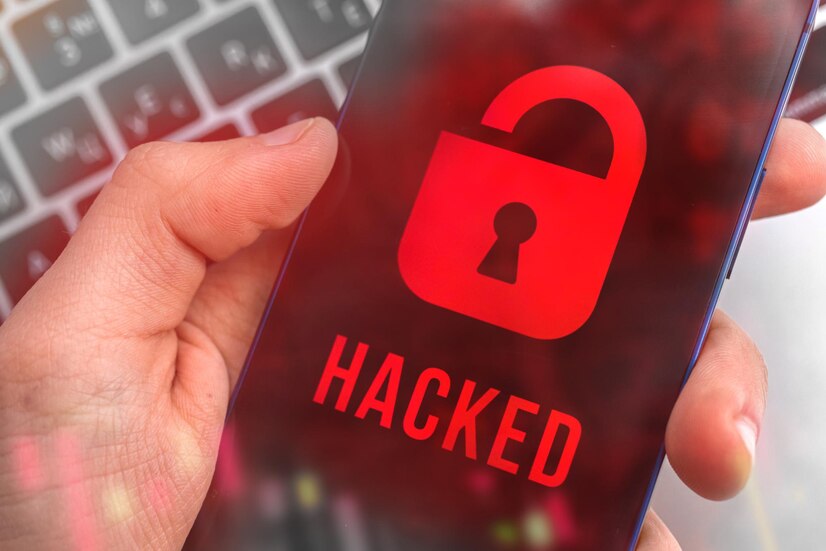The world is becoming so connected. The more cybercriminals increase in sophistication, the more imperative it is to be preemptive in protecting one’s digital presence. For people who are using the internet on a casual basis, protecting the self from hacking attacks is equally important. Here are some crucial tips to help you avoid being hacked in 2024:
- Strengthen Your Passwords
Good and strong passwords act as a defense against cyber attacks, irrespective of your usage of different devices and platforms. It is always recommended that uniqueness be carried out for every account rather than easily guessed ones like “password123” or some common jargons. Go for complex combinations of letters, numbers, and symbols. You can also use a reputable password manager for safe storage and generation of strong passwords for you.
- Enable Two-Factor Authentication (2FA)
Two-factor authentication adds an extra layer of protection to your accounts by requiring a second means to prove it is really you, such as a code sent via your phone or email. Turn 2FA on for all websites where it is available, especially for sensitive accounts such as email, banking, and social media.
- Ensure Your Software is Up to Date
Keep all your devices and software applications updated with the latest security patches. Updating safeguards all your devices and software applications against the latest cyber threats because cybercriminals always target elements in your network that aren’t updated. Set to auto-install, or check for the updates on, all your devices.
- Don’t Fall Victim to a Phishing Attempt
One of the most common techniques that hackers apply in their process is phishing; it basically deceives users into giving away sensitive information like login credentials and financial details. Be wary of those unsolicited emails and messages, differently in phone calls, requesting personal information or asking you to click suspicious links. Verify any requests made in cases of unfamiliar sources before taking action.
Avoid public Wi-Fi access points, especially for activities that entail transmission of information, including online banking or shopping. If you unavoidably have to make do with public Wi-Fi, use a VPN to encrypt your internet connection.
- Safe Social Networking
Review and update your settings on privacy for social media to control the viewers for your posts or details. Avoid posting sensitive information that includes house address, phone number, or birth date, as these may be used by the hackers against identity-related crimes such as identity theft or social engineering-based attacks.
- Backup Your Data Regularly
If cyber hackers successfully attack, backup copies of your important files and data can literally be a lifesaver. Back up your files regularly to an external hard drive or cloud storage service. If your device gets compromised, you can restore your data without having to give in to the hackers’ ransom demands.
- Educate Yourself and Stay Informed
Keep abreast of new threats in information security, indicated many best practices, and sensitize yourself, family, or colleagues to the dangers associated with cybercrimes and how to empower recognition and prevention. Knowledge is one of the best weapons against hackers.
Conclusion
In this day and age, where our life is integrally interwoven with the digital world, protection of our online security becomes very critical. With these proactive methods and vigilance, you can put yourself in a better place to not become one of the victims of cyberattacks for the years 2024 and beyond. Don’t ever forget that cybersecurity is a shared responsibility, and each and every one of us has got a role to play in a secure and safe cyberspace for all of us.

